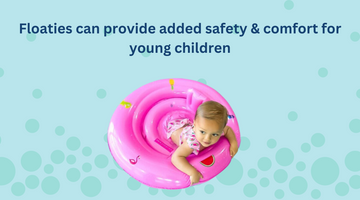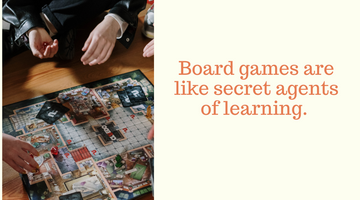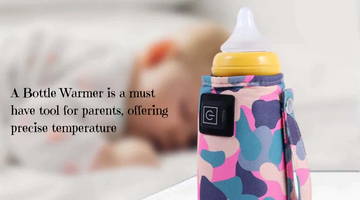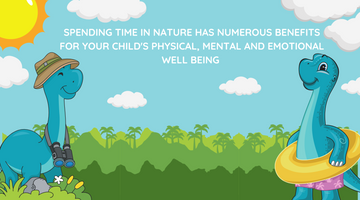Swimming is a fun and healthy activity that kids can enjoy for a lifetime. By starting with swim lessons, getting the right gear, encouraging practice, and emphasising water safety, you can help your child become a confident and capable swimmer. But don't forget kids swim essentials are the items that your child will need to participate in swim lessons and enjoy swimming safely. With the right skills and knowledge, they'll be able to enjoy all the benefits of swimming for years to but it's important to make sure they're prepared for it. Whether they're learning to swim for the first time or going for a dip in the pool, here are some tips on how to get your child swim-ready:
Start with Swim Lessons
If your child is new to swimming, start with swim lessons. These can be offered through local community centres, swim clubs, or even private lessons. Swim lessons will help your child learn basic water safety skills and build confidence in the water.
Swim lessons are a great way to introduce children to the water and teach them the necessary skills to become confident swimmers. Instructors will teach your child proper swimming techniques, breathing techniques, and basic water safety skills. They will also help your child learn how to float, tread water, and swim basic strokes. Not only will swim lessons help your child stay safe in the water, but they'll also give them a fun and enjoyable activity to look forward to.
Get the Right Gear
Having the right gear is essential for a comfortable and safe swimming experience. Goggles are a must-have for protecting your child's eyes from chlorine and other pool chemicals, while a swim cap can keep hair out of their face. For younger children who are not yet confident swimmers, consider using floaties or a life jacket to help them stay afloat.
Checkout more blogs: Top 10 Literacy Games for Kids to Play
Goggles are an essential piece of gear for any child learning to swim. Chlorine and other pool chemicals can irritate eyes and cause discomfort, but goggles provide a barrier of protection. They also allow children to see underwater, which can make swimming more fun and engaging.
A swim cap is another useful piece of gear that can help keep hair out of your child's face and minimise drag in the water. Caps are especially useful for children with longer hair, as they can become tangled and cumbersome while swimming.
Floaties or a life jacket can provide added safety and comfort for young children who are still learning to swim. Floaties are inflatable arm bands that fit around a child's arms, while a life jacket is a buoyancy aid that fits around the torso. Both options can help children stay afloat while they're learning to swim, and can provide parents with added peace of mind.
Encourage Practice
The more practice your child gets in the water, the more comfortable and confident they'll become. Encourage them to swim regularly, whether it's during swim lessons, at the community pool, or during family outings to the beach or lake.
Consistent practice is key to building swimming skills and confidence. Encourage your child to swim regularly, and make it a fun and enjoyable activity that they look forward to. You can also help your child practice swimming skills outside of the water, such as practising arm and leg movements on land.
Emphasise Water Safety
Water safety is crucial for children of all ages, and it's important to instill safe practices early on. Teach your child to always swim with a buddy, and never to swim alone. Make sure they understand the importance of staying in designated swimming areas, and to always listen to lifeguards or other pool staff.
It's also important to teach your child what to do in case of an emergency. Make sure they know how to call for help, and teach them basic water rescue techniques. By emphasising water safety from an early age, you can help your child stay safe and confident in the water.






